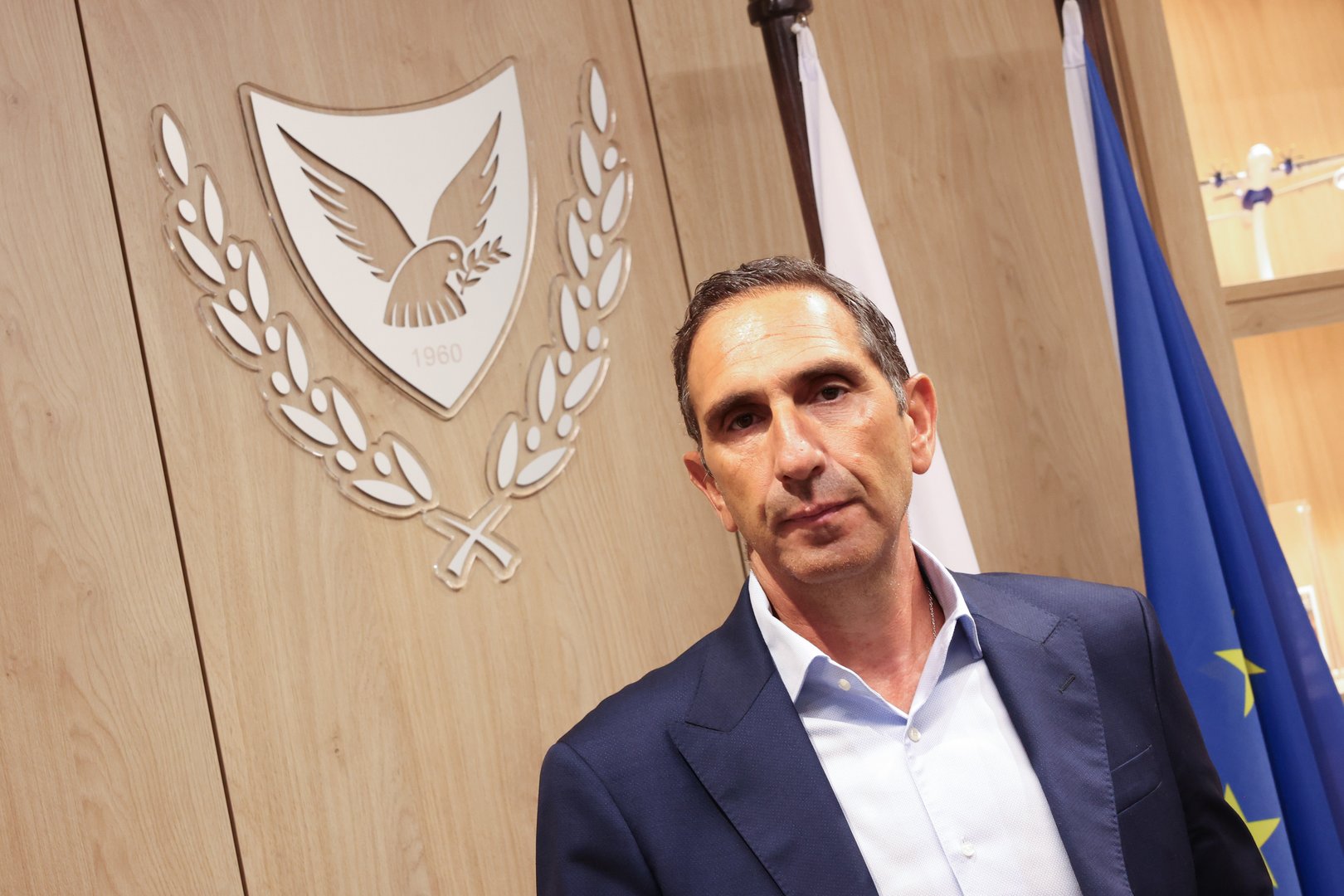Interior Minister Constantinos Ioannou on Wednesday suggested the possibility of ramping up cooperation with Lebanon, including by providing boats, in efforts to prevent an ongoing surge of Syrian refugees arriving in Cyprus from that state.
Speaking on CyBC’s morning programme, Ioannou said the suggestion, among others, had been made verbally to his Lebanese counterpart during their meeting in June, and a written letter with specifics had now also been dispatched.
The move came as authorities sprung into stand-by mode early this week while awaiting confirmation of reports that an organised influx of hundreds of irregular migrants from a particular coastal village in Lebanon was underway.
In addition to the provision of boats, the minister’s letter, sent through the Cyprus Embassy in Lebanon, proposes training Lebanese officers in Cyprus, carrying out joint patrols, financing operations against irregular immigration, and repairing traffickers’ boats so they can be returned to their place of origin, Philenews reports.
“We already have set up the means to share information [with Lebanon],” which has resulted in the successful interception and return of many boats, the minister told the state broadcaster, indicating that ramped-up cooperation with the Lebanese authorities was a logical and necessary next step.
Lebanon needs to be supported much more effectively through various means, the minister argued, including the EU setting aside funding towards this end.
“Lebanon is a country of 5-6 million which has received over 2.5 million refugees and it is not receiving any EU assistance,” Ioannou said, adding that this was the reason he recently proposed to the EU that Lebanon and other states should be better supported in becoming “barriers” to migratory flows.
“If Lebanon collapses it will have a negative impact for the EU and particularly for Cyprus,” the minister pointed out.
Ioannou clarified that Syrian asylum seekers arriving in overwhelming numbers is now the main challenge faced by the Republic and the ministry.
“We have dealt with the challenge of economic migrants from African states,” the minister said, noting that 97 per cent of applications that fall into that category are now rejected.
“There has been an 80 per cent reduction of such arrivals,” the minister added, which he attributed largely to speedy processing, which now stands at three months rather than up to two years as was the case in the past.
Economic migrants, 70 per cent of whom used to arrive on student visas through the north, have started to see the Republic as a less attractive destination, since they can no longer expect long waiting periods during which they are eligible for benefits, the minister said.
Syrian asylum seekers on the other hand, some of whom are also likely economic migrants, are all currently eligible for subsidiary protection status, as Syria is still considered to be in a state of war, a designation which ought to be reviewed, the minister suggested.
A person granted subsidiary protection status faces a real risk of suffering serious harm if they are returned to their country and persons in this category are not in fact allowed to travel to their country of origin.
This is problematic, the minister said, as some regions of Syria are now safe and have been designated as such by the European Union Agency for Asylum, meaning that at least some of those holding protected status could now be safely repatriated.
Ioannou said Cyprus was the first EU state to propose the possibility of reclassifying parts of Syria as safe zones, at the EU ministerial council in Spain, and mentioned that Denmark agrees with Cyprus on the issue.
Meanwhile, in terms of regional efforts and direct support to Lebanon from Cyprus, the minister made specific proposals in his letter, according to Philenews, including donation of six speedboats, to be delivered by 2024, training of eight members of the Lebanese armed forces, paid for by the Republic, and joint patrols by Lebanese naval vessels and the Cyprus coast guard, including at the port of Beirut.
Finally, according to the daily news source, the minister recommended to his Lebanese counterpart to jointly submit a proposal to the EU requesting funds for the development of an operational partnership to combat human trafficking in the Eastern Mediterranean.







Click here to change your cookie preferences